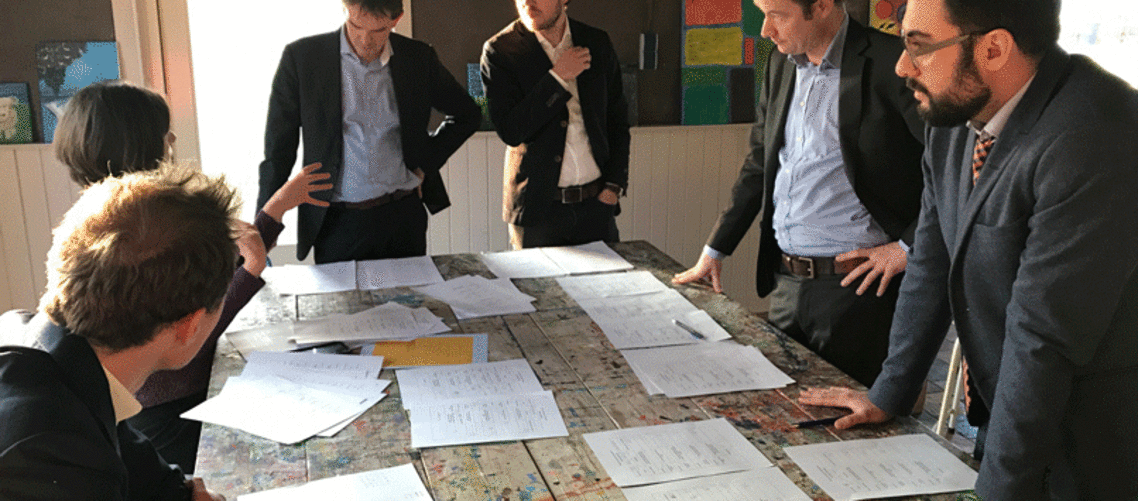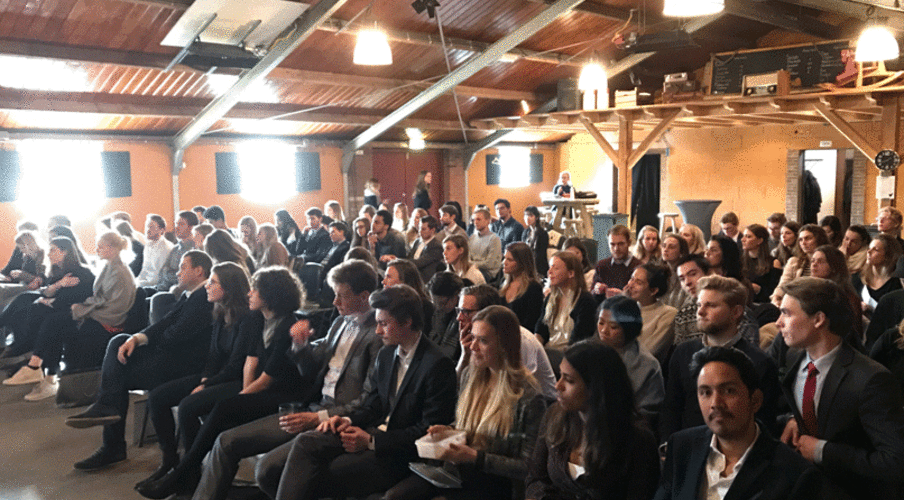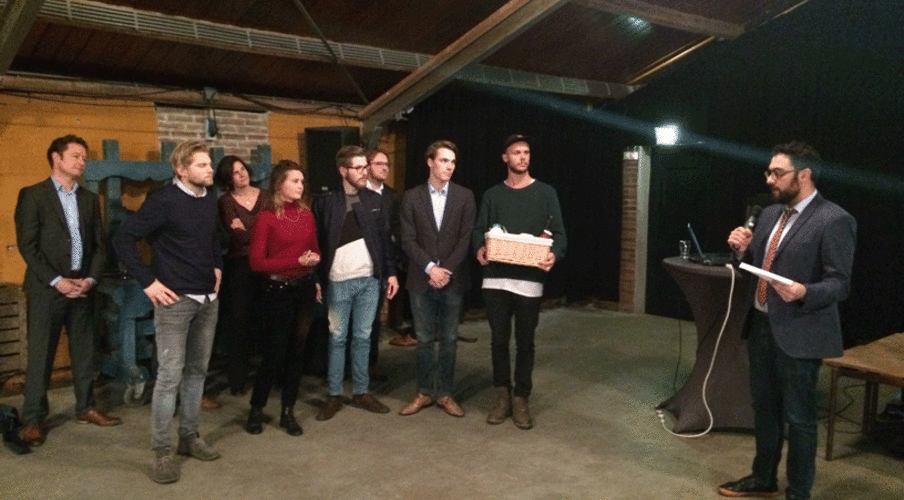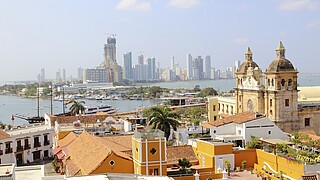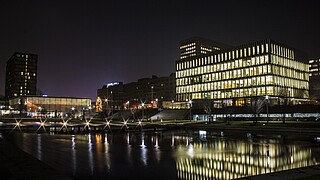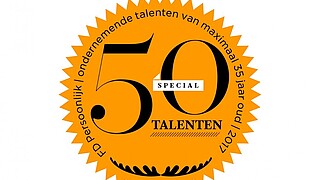Nineteen teams of students presented their solutions in three-minute pitches to a jury comprising members of the Ministry of Economic Affairs, the Province of Noord Holland, Commonland, and RSM. Three winning teams were selected, each offering solutions to different aspects of the problem.
Breaking down complex issues
One winning solution was to create an educational centre, “The Moeseum”, designed to inspire change and collaboration. A second solution was the “Smart Farm”, which would facilitate current livelihoods by creating a rotating system of farming. The third winning team devised the solution of “Dutch Ducks”, a circular system of integrated duck rice farms.
Micha Lubbers, programme manager natural capital at the Dutch province of North Holland, said: “What makes these events so valuable is that students can break down a complex issue in weeks, while there has been a debate about it for years. To see the quality of the analysis they have done in just two weeks is inspiring.”
A solid business case
Simon Moolenaar from Commonland, said: “The students did an incredibly good job analysing a real-life wicked problem. The ‘pressure cooker’ design of the challenge resulted in some interesting new insights that we can use to continue the cooking process ourselves.”
Bas Volkers from the Ministry of Economic Affairs, said: “To solve these problems we have to think of solutions that are totally different from the way we treat the peat landscape now, but that also have a solid business case. That is why this challenge is so valuable for society and the government: it applies the creative force of students to generate solutions that no one has previously thought of.”
Sustainable business innovation
The case challenge, part of the course Sustainability Grand Challenge, required students to apply their knowledge of sustainable business innovation, stakeholder engagement and management to devise an economically, environmentally, socially, and culturally feasible solution for a sustainable Dutch peat meadow landscape.
It is a complex problem that experts have been trying to solve for decades and a classic example of a wicked problem – a societal problem that is difficult to solve due to incomplete or contradictory knowledge, the multitude of stakeholders and interests involved, and the interconnected nature of the problem with other problems.
Researching scientific solutions
Students were required to interview stakeholders, analyse statistics, and research existing scientific solutions. To enhance their understanding of stakeholder partnerships and collaborative problem-solving, students took part in a one-day role play at the Wicked Problems Plaza (WPP) at the New World Campus in The Hague. Facilitated by RSM’s Partnerships Resource Centre, students worked on defining the problem, identifying stakeholder interests, discussing dilemmas, and collectively brainstorming about innovative business solutions.
The students had to quickly grasp the ecology, demographics, policies, and complex stakeholder network involved in creating a sustainable Dutch peat meadow landscape. The landscape of the Dutch peat meadows is degrading primarily as a result of intensive dairy farming in the area. This farming is facilitated by maintaining low water levels for high grassland productivity and carrying capacity, a practice that has led to peat oxidation and soil subsidence as well as other undesirable, indirect effects.
The winning teams each formulated viable solutions with different strengths. Of the Smart Farm solution, the students said, “We tried to find a sustainable business case and not get distracted by the technicalities. We were really motivated to develop a good idea by the fact that we were working for an organisation like Commonland, and that our project might help the Dutch peat meadows as well as the local farmers.”
